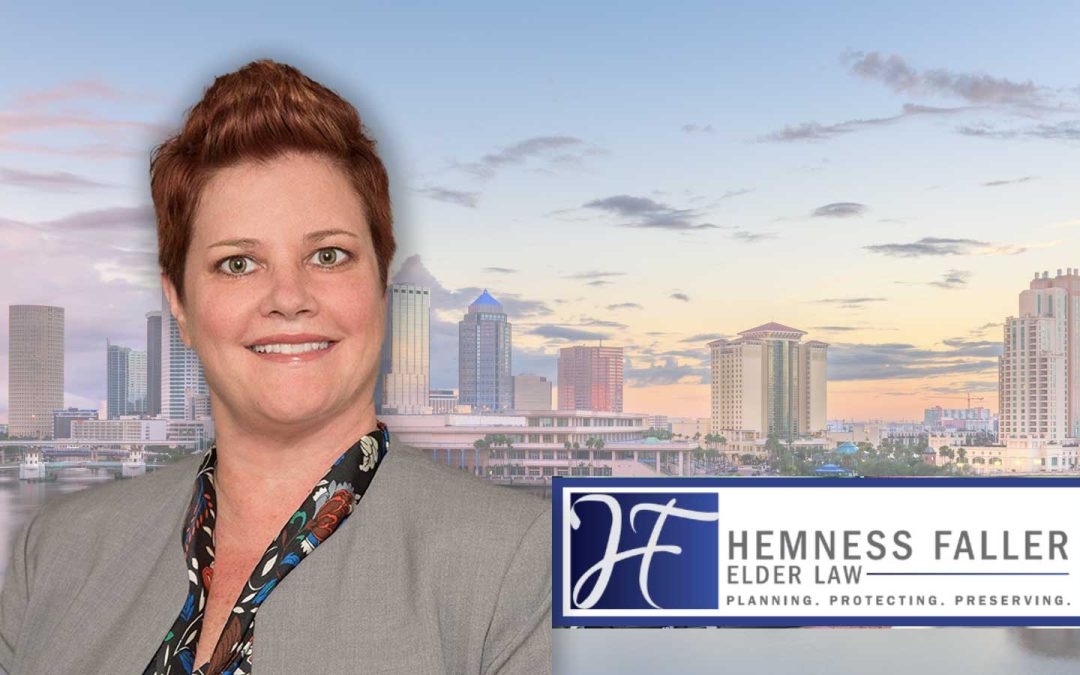When planning for special needs loved ones, it is important not just to consider the present, but also the rest of their lives. This includes, however daunting to think about, the time that remains after their parents or guardians are no longer alive. While it is a scary thought, it is a reality that all parents and guardians have most likely contemplated and wondered how best to proceed.
There are options. Advanced planning gives you time to create a plan that will support your loved one with special needs, no matter what he or she may face. Realistic, supportive options do exist. What is key is that you consider the unique needs of your loved one, and plan forward. In our law firm, we use special estate planning tools that exist specifically to ensure that your family member is not left unsupported at a time when you are either no longer here or cannot care for him or her.
Chief among the tools in our planning arsenal is the Special Needs Trust. This is sometimes called a Supplemental Needs Trust. Trusts like these are legal arrangements designed to financially support special needs individuals without compromising their ability to qualify for valuable important government benefits, like Supplemental Security Income and Medicaid.
A key concept of using trust based planning options like this is that they also can outlive a parent or guardian and be managed by a fiduciary with the right skill set to protect the trust and its beneficiaries. Another benefit is that trusts like these can hold and manage property for special needs beneficiaries without giving them control over their assets if they lack the legal capacity to handle their own affairs. While Special Needs Trusts can be established at any time by parents or loved ones looking to provide for their beneficiary in the future, they will require a trustee, a fiduciary, to both manage the trust and make decisions on the special needs person’s behalf.
Keep in mind if the assets held within the trust grow, you may need someone with specific financial skills to manage it. Further, if a parent or guardian can no longer serve as the trustee, should they become ill or pass away, selecting the right back-up could be the single most impactful decision affecting the special needs person’s future.
How do you choose the trustee, or the fiduciary, for this important role? Let us share several questions to consider when choosing a second in command including, but not limited to, the following:
• Do they understand the special needs beneficiary’s unique situation and needs?
• Can they maintain communication between the special needs person, caregivers, and service providers?
• Are they able to hire and regularly monitor service providers?
• Will they be able to pay bills, help secure housing, and medical care?
• Do they understand the government benefits that support the beneficiary?
You cannot forget trust management as well. In addition to caring for the needs of the beneficiary related to his or her diagnosis, there is also ensuring the trust is protected. Consider that there may be responsibilities that require technical expertise as well, including:
• Becoming knowledgeable about the language and intent of the trust.
• Establishing accounts for management of trust assets.
• Collecting income and prudently managing investment assets.
• Receiving and conducting periodic inventories of trust assets.
• Preparing and filing annual federal and state income tax returns.
• Working with an experienced estate planning attorney who understands the nuances of managing a special needs trust.
We know this blog may raise more questions that it answers. There is much to consider as you plan for the future of a loved one with special needs. Remember, the fiduciary does not have to be a family member or friend. A trustee can also be an independent professional, or even an institution like a bank or a trust company. We encourage you to contact our office to schedule a time to discuss your planning goals and let us assist you.
We encourage you not to wait to ask us your elder law questions on this or any important issue facing Florida seniors today. The experienced team of attorneys here at Hemness Faller, The Law Office formerly known as Emma Hemness, P.A., are here for you and your family and we want to be YOUR estate planning and elder law attorneys. After all, we are ordinary people, providing extraordinary guidance backed by years of experience and advocacy for the vulnerable citizens in our community. We encourage you to contact us and schedule a meeting with us.






